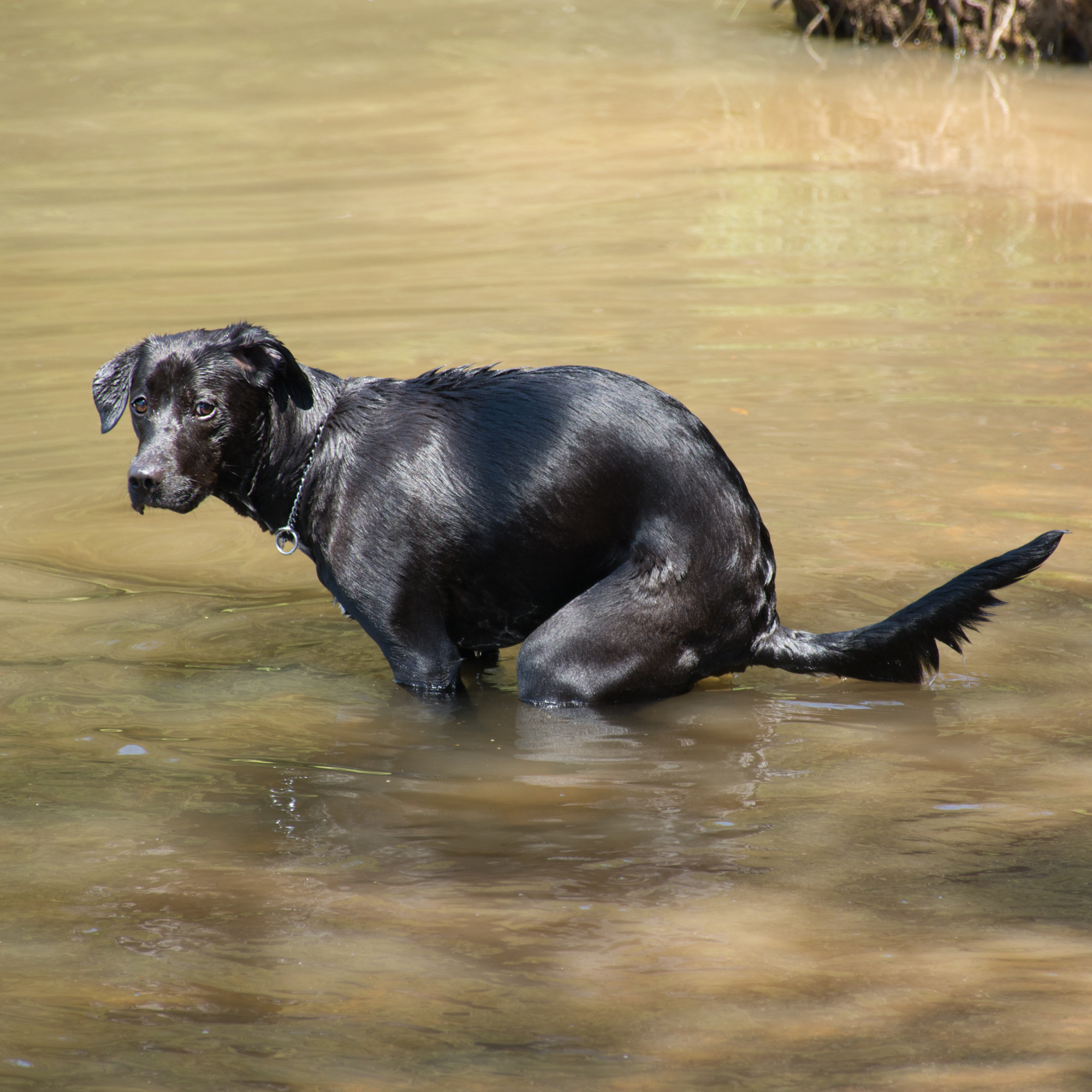Understanding Why Dogs Eat Their Own Poop: In Conversation with Dog Nation

If you've caught your dog eating his own poop, it can be a concerning and puzzling behavior for you. This habit is known as Coprophagic and it can stem from various reasons, both mental and physical.
To know more, we engaged in a conversation with Dog Nation, a dog recreational and enrichment center, and gathered valuable insights. Thus, in this blog, we are here to shed light on this topic based on our conversation with Dog Nation. Let's have a look.
Nutritional Deficiency:
Check if your dog is receiving a well-balanced diet. Nutrient deficiencies may trigger a dog to seek missing elements in their stool. As descendants of wolves and natural hunters, dogs may occasionally display scavenging behaviors. Ensure your dog's diet is rich in essential nutrients, and consider consulting a dietician or nutritionist for guidance on supplements.
Puppy Instincts:
If you recently acquired a puppy, consider their background. Mother dogs often clean their litter by consuming feces. While this behavior is normal in the first few weeks when the puppies' eyes are closed, it should gradually cease. If it persists, puppies may adopt this habit from their mothers. Monitor your puppy's behavior and discourage coprophagic early on.
Anxiety and Boredom:
Dogs left alone for extended periods may experience anxiety or boredom, leading to undesirable behaviors like eating poop. Avoid leaving your dog unsupervised for long durations. Provide mental stimulation, toys, and a comfortable environment to alleviate anxiety. Regular exercise and attention can reduce the likelihood of coprophagic.
Medical Issues:
If none of the above reasons seem to apply, there could be an underlying medical issue. Consult with a veterinarian to rule out any health concerns. Issues such as malabsorption disorders or enzyme deficiencies might prompt coprophagic. A thorough examination can help identify and address potential health issues.
Attention-Seeking Behavior:
Dogs may resort to eating their feces as a way to garner attention. Ensure that your dog receives adequate attention, and discourage undesirable behavior. Positive reinforcement for good behavior and a clear indication that coprophagic is not acceptable can help modify this behavior.
In conclusion, Coprophagic can be a complex behavior with various underlying causes. By addressing nutritional needs, considering puppy background, managing anxiety, seeking veterinary advice for potential health issues, and discouraging attention-seeking behavior, you can work towards eliminating this habit. Patience and consistency in training are key to ensuring your dog leads a healthy and happy life.
